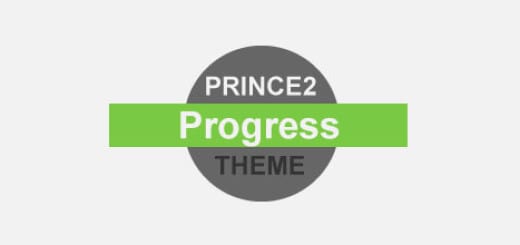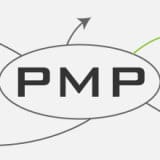PRINCE2 Foundation Certification Notes 15: Controlling a Stage Process

Important: The new PRINCE2® Foundation and Practitioner exams (PRINCE2® 2017) are available from 10 July 2017 (details of the changes here). Don’t worry, the changes are quite minor indeed as all the 7 principles, themes and processes remain the same. From now on until the end of 2017, candidates can take either the existing or updated English versions of the PRINCE2® exam. All PRINCE2® Foundation and Practitioner exams will be based on PRINCE2® 2017 from 1 January 2018. You can still seize the time to get certified based on the current version! Once you get PRINCE2® certified, your certification is still valid under PRINCE2® 2017 and onwards!
Introduction: In PRINCE2®, there are 7 Processes that provide guidance on every stage of the project from initiation to completion. The “Controlling a Stage Process” is the stage in which the Project Manager assigns and monitors the project work to keep the project progress within the tolerances (stage and project) through corrective actions (if needed). Progress of the project would also need to be reported to the stakeholders according to the Communication Management Strategy of the PID.
The “Controlling a Stage Process” is based on the ‘manage by exception’ and ‘manage by stages’ PRINCE2® principles.
Article Highlights
Controlling a Stage (CS) Process
Purpose and Objectives of Controlling a Stage Process
- Purpose:
- to allow the Project Manager to bring the project under control according to the project objectives (i.e. deliver the products with the preset quality within agreed cost and time and achieve the required benefits)
- Objectives:
- control the project progress, product delivery and risks/issues
- bring the Business Case under constant review
Input(s), Activities and Output(s) of Controlling a Stage Process
- Input(s):
- Authorization for the Stage by Project Board (from “Managing a Stage Boundary Process”)
- Stage Plan (from “Managing a Stage Boundary Process”)
- Project Initiation Documentation (PID) (from “Initiating a Project Process”)
- Activities:
- Authorizes Work Packages to begin (followed through by Team Manager)
- Reviews progress and completed Work Packages
- Reports to stakeholders through Highlight Reports
- Continuously monitor Risks and Issues (escalate through Exception Reports if necessary)
- Takes corrective action to keep the project within stage tolerances
- Output(s):
- Highlight Reports — keep Project Board updated on the stage progress
- Issue, Risk and Quality Registers updates
- Issue Reports and Change Requests for escalation to Project Board
- Exception Reports — if the project is/forecasted to be out of stage tolerances
Roles and Responsibilities for Controlling a Stage Process
- Project Board: gives advices to Project Manager, authorizes Exception Plans
- Project Assurance: gives advices to Project Manager
- Project Manager: monitors the project work and creates the management products (Highlight Reports, Issue Reports, Exception Reports, updates to Registers)
- Team Manager: submits Checkpoints Reports (from “Managing Product Delivery Process”) to Project Manager
Conclusion:
“Controlling a Stage (CS) Process” is the process during which the Project Manager monitor and control the actual project work to deliver the project products. The project needs constant monitoring and controlling (including issue management) to ensure the project objectives are protected and the project can be carried out successfully.
Note: the PRINCE2® Controlling a Stage Process is similar to the Monitoring and Controlling Process Group processes of the PMBOK® Guide for the PMP Exam in which the Project Manager is responsible for the day-to-day management of the project work, project progress, reporting as well as proposing and carrying out corrective actions to bring the project on track.
Wish you PRINCE2® Foundation Exam success!




 Hi, my name is Edward Chung, PMP, PMI-ACP®, ITIL® Foundation. Like most of us, I am a working professional pursuing career advancements through Certifications. As I am having a full-time job and a family with 3 kids, I need to pursue professional certifications in the most effective way (i.e. with the least amount of time). I share my exam tips here in the hope of helping fellow Certification aspirants!
Hi, my name is Edward Chung, PMP, PMI-ACP®, ITIL® Foundation. Like most of us, I am a working professional pursuing career advancements through Certifications. As I am having a full-time job and a family with 3 kids, I need to pursue professional certifications in the most effective way (i.e. with the least amount of time). I share my exam tips here in the hope of helping fellow Certification aspirants!





